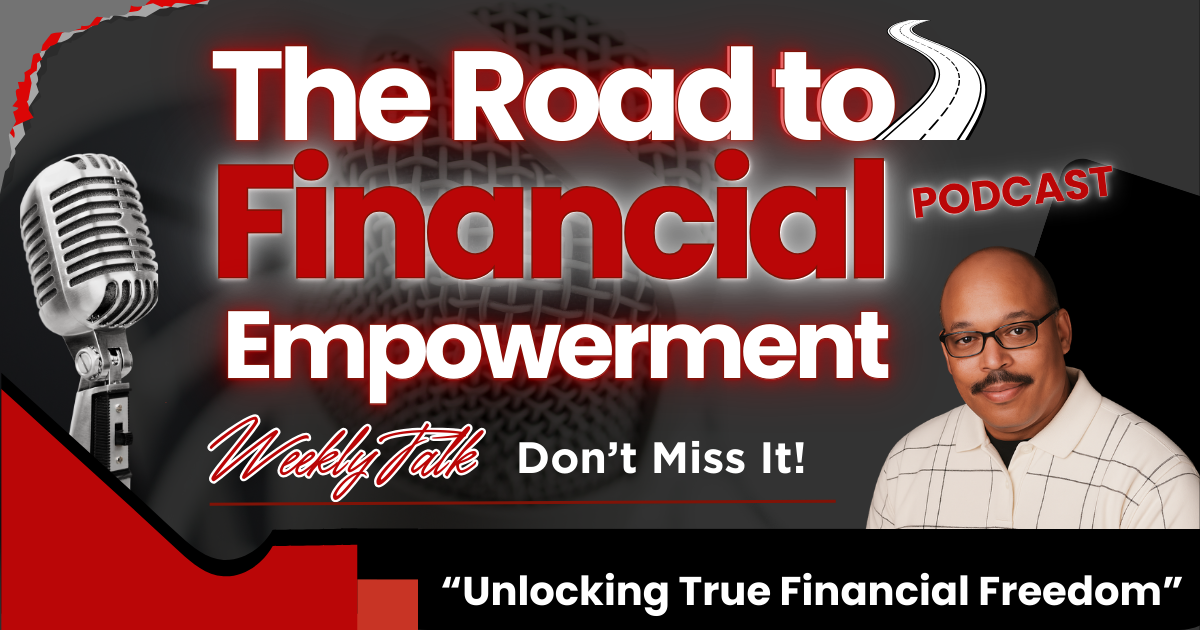Personal Budgeting: A Deep Dive


Is net worth growing or declining?
Your net worth shouldn't be a mystery. To determine what it is, you simply add up the current value of your assets (the things you currently own), and then subtract the total of your liabilities (what you currently owe). The idea, if you haven't guessed it, is that your net worth should grow from year to year, barring unforeseen setbacks.
Know where you stand, turn to the future, and set your goals:
You might have one or more major savings needs goals in mind, but now is the time to look at all your anticipated financial needs, including your cash reserve, and determine your goals. Knowing what all of your goals are enables you to create the best plan to achieve those objectives over the long term. While you may not be able to achieve all of your goals simultaneously, having a plan in place will help as you work toward your future goals.
Create a spending plan that fits your resources and objectives:
Once you know where you stand financially and the goals you hope to achieve, you are in a position to design a plan that will move you expeditiously in that direction. You will know how aggressive you need to be in order to achieve the objectives you set, and therefore you can design a plan that fits both your resources and objectives.
Just as with a plan that falls short of delivering on your goals, a plan that is overly aggressive relative to your resources is likely to lead to budget frustration. Keeping goals aligned with objectives is a critical part of the process and essential to budgeting successfully.
Remember that it is a plan and that plans change as needed:
Flexibility is always an important ingredient in the planning process. As life's circumstances change, as they inevitably will, you will need to adjust your spending plan accordingly. The important point is that the budgeting process keeps you abreast of how these changes are occurring and allows you to make changes as you find them appropriate to your needs and resources.
Budgeting can be a temporary or a permanent habit:
It may be that your present financial situation calls for the short-term control that budgeting can provide. Alternatively, you may find that budgeting gives you a level of control over your finances that you'd prefer to maintain over the long term. If the latter is true, you should make it a lifelong habit.
Budgeting FAQ
1. What is budgeting?
Budgeting is the process of tracking, planning, and controlling your income and expenses. It involves analyzing your current financial situation, setting financial goals, creating a written spending plan, and regularly monitoring your progress.
2. How does the budgeting process work??
The budgeting process involves:
- Gathering financial data: Collect information about your income, expenses, assets, and liabilities.
- Cash flow analysis: Calculate your net cash flow by subtracting total expenses from total income.
- Net worth calculation: Determine your net worth by subtracting total liabilities from total assets.
- Goal setting: Define your short-term and long-term financial goals.
- Spending plan creation: Develop a detailed plan outlining how you'll allocate your income to cover expenses and achieve your goals.
- Monitoring and adjustment: Regularly review your progress against your budget and make necessary adjustments based on changing circumstances.
3. How do I calculate my net cash flow?
Net cash flow is calculated by subtracting your total expenses from your total income. A positive net cash flow means you have more income than expenses, while a negative net cash flow indicates you're spending more than you earn.
4. What is net worth and how do I calculate it?
Net worth represents your overall financial position. It's calculated by subtracting your total liabilities (what you owe) from your total assets (what you own).
5. Why is goal setting important in budgeting?
Setting financial goals provides direction and motivation for your budgeting efforts. Knowing your objectives helps you create a plan that aligns your spending with your aspirations, whether it's saving for a down payment, paying off debt, or investing for retirement.
6. How do I create a spending plan?
A spending plan outlines how you'll allocate your income each month. It should include categories for all your expenses, such as housing, transportation, food, entertainment, and savings. The goal is to ensure your expenses align with your income and allow for progress toward your financial goals.
7. Why is flexibility important in budgeting?
Life is full of unexpected events and changing circumstances. A flexible budget allows you to adapt to these changes without derailing your financial progress. Review and adjust your spending plan regularly to accommodate new needs or priorities.
8. Is budgeting a temporary or permanent practice?
Budgeting can be both a short-term solution for gaining control of your finances and a long-term habit for maintaining financial stability and achieving your financial goals. Whether you need it temporarily or permanently depends on your individual circumstances and preferences.
"If you want to thrive in today's economy, you must challenge the status quo and get the financial education necessary to succeed" - Robert Kiyosaki

Subscribe to our newsletter below for the latest information, resources, strategies, and tools in personal finances.
Share










